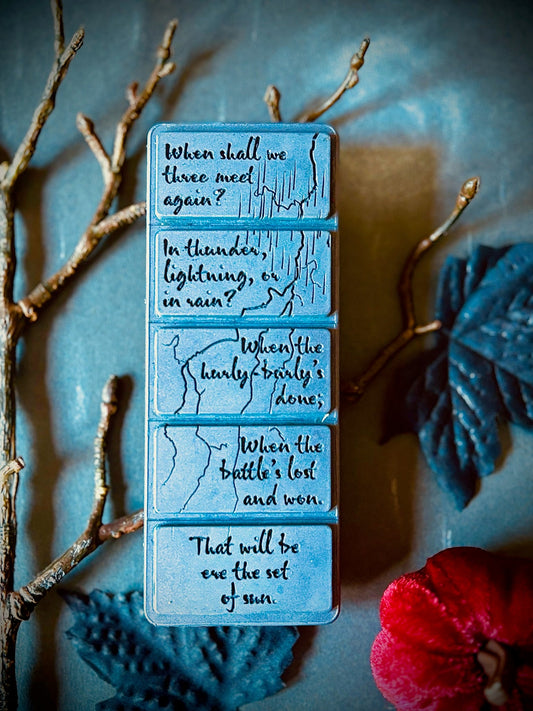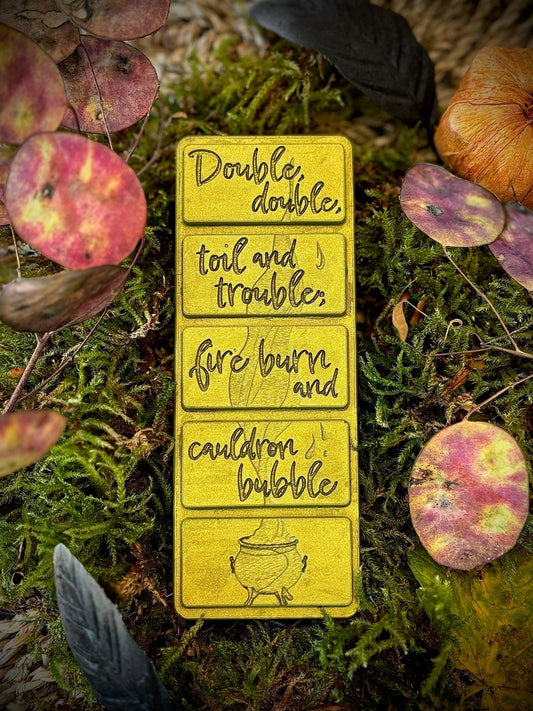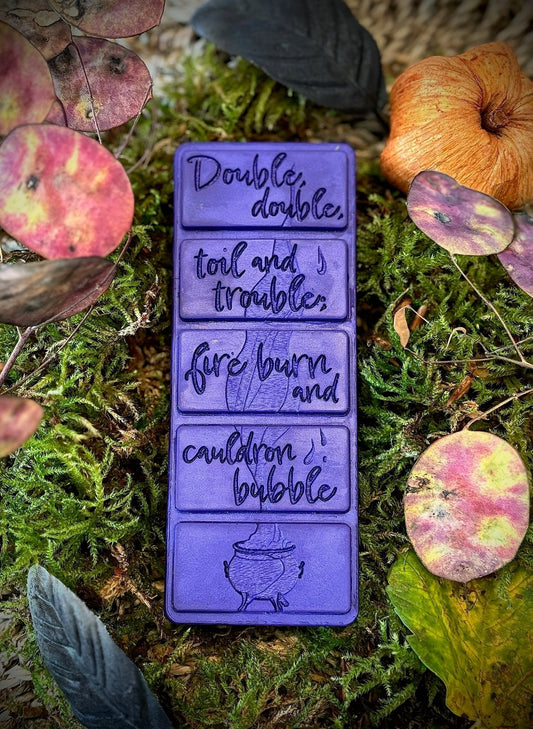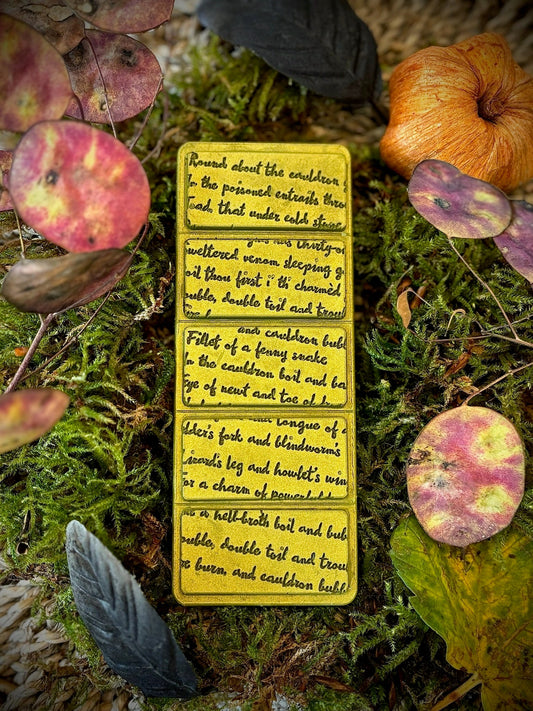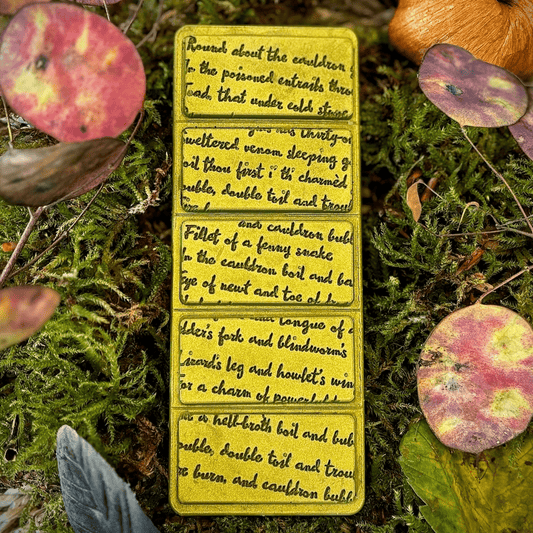The William Shakespeare collection
William Shakespeare Facts and FAQs
Who was William Shakespeare?
Who was William Shakespeare?
William Shakespeare was an English playwright, poet, and actor born in 1564 in Stratford-upon-Avon. Often called the 'Bard of Avon', he is widely considered the greatest writer in the English language. His works include 39 plays, 154 sonnets, and a range of narrative poems that explore timeless themes such as love, ambition, betrayal, and the supernatural.
When was Shakespeare born?
When was Shakespeare born?
Shakespeare was born in April 1564, with his baptism recorded on April 26. It is traditionally believed that he was born on April 23 — a date also associated with his death — making it a symbolic day for fans of his work. He was raised in Stratford-upon-Avon in Warwickshire, England.
Where did Shakespeare live?
Where did Shakespeare live?
Shakespeare split his time between Stratford-upon-Avon, where he was born and died, and London, where he worked and rose to fame. In London, he became a shareholder in the Globe Theatre and performed for both commoners and royalty. In his later years, he returned to Stratford, where he purchased a large home called New Place.
How did William Shakespeare die?
How did William Shakespeare die?
Shakespeare died on April 23, 1616, at the age of 52. The exact cause of death is unknown, and no contemporary reports clarify the circumstances. He was buried two days later at Holy Trinity Church in Stratford-upon-Avon, where his grave bears a famous epitaph said to have been written by Shakespeare himself.
What is Shakespeare famous for?
What is Shakespeare famous for?
Shakespeare is best known for his plays, which range from comedies like 'A Midsummer Night’s Dream' to tragedies such as 'Hamlet' and 'Macbeth', and histories like 'Henry V'. His works have shaped modern storytelling and the English language itself, introducing hundreds of words and phrases still used today. His insights into human nature, emotional complexity, and social dynamics remain relevant across centuries.
Is Shakespeare’s work in the public domain?
Is Shakespeare’s work in the public domain?
Yes. All of Shakespeare's works are in the public domain, which allows them to be freely performed, quoted, and adapted. This accessibility has led to a vast legacy of reinterpretations — from stage performances to modern retellings in film, literature, and educational resources.
What are some famous quotes by Shakespeare?
What are some famous quotes by Shakespeare?
Shakespeare’s works are filled with lines that have become part of everyday speech. Famous examples include:
“To be, or not to be: that is the question.” – Hamlet
“All the world’s a stage, and all the men and women merely players.” – As You Like It
“The better part of Valour, is Discretion.” – Henry IV
His words continue to inspire readers, writers, and performers around the world.
“To be, or not to be: that is the question.” – Hamlet
“All the world’s a stage, and all the men and women merely players.” – As You Like It
“The better part of Valour, is Discretion.” – Henry IV
His words continue to inspire readers, writers, and performers around the world.
Do you sell Shakespeare-themed gifts?
Do you sell Shakespeare-themed gifts?
Yes! Our Shakespeare collection features wax melts and bookmarks inspired by his most iconic works and quotes. Whether you're drawn to the tragedy of 'Macbeth' or the whimsy of 'Twelfth Night', our hand-crafted products capture the dramatic and poetic essence of the Bard — perfect for gifting or enjoying with a good book.
Where is Shakespeare buried?
Where is Shakespeare buried?
Shakespeare is buried in the chancel of Holy Trinity Church in his hometown of Stratford-upon-Avon. His grave bears a warning against moving his bones, said to be penned by Shakespeare himself: 'Blessed be the man that spares these stones, / And cursed be he that moves my bones.' The grave has remained undisturbed for over 400 years.
What inspired Shakespeare’s writing?
What inspired Shakespeare’s writing?
Shakespeare drew inspiration from a wide range of sources: Roman history, British chronicles, classical mythology, and even popular folklore. His plays often adapted older tales or historical events, which he transformed with deep character development, poetic language, and philosophical insight. His ability to blend high and low culture — appealing to both commoners and nobles — contributed to his lasting influence.

